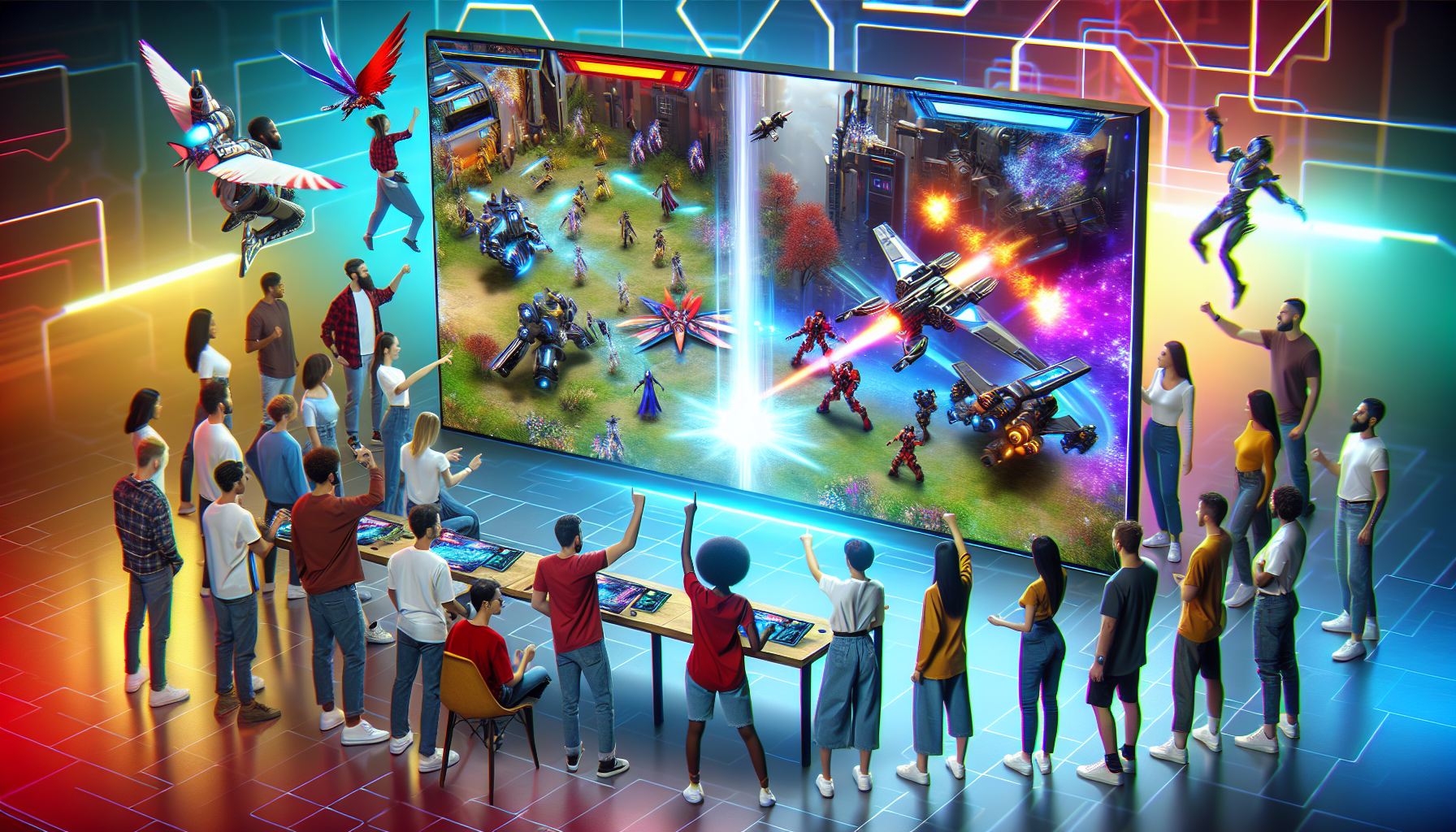The world of gaming has always been a dynamic and evolving landscape, shaping and reshaping itself with each technological leap and societal shift. As we move through 2025, it's clear that multiplayer games have firmly anchored themselves as a pillar of modern gaming, revolutionizing not just how we play, but how we connect with one another. This transformation underscores a broader trend in digital media: the blending of entertainment and social interaction.
Multiplayer games have been around for decades, but recent advancements have propelled them into a new era of accessibility and engagement. The growing reliability and speed of global internet connections, the proliferation of powerful mobile devices, and the advent of cloud gaming platforms have made it easier than ever for players from all corners of the world to connect and play together in real-time. The barriers that once limited multiplayer experience—lag, inconsistent gameplay, and platform restrictions—have been significantly reduced, unlocking a new level of social interaction.
This progression towards seamless connectivity has translated into increased social engagement. Multiplayer games serve as digital meeting spaces, bringing people together regardless of geographical distances. For instance, a player in Tokyo can team up with friends in New York and Sydney in a matter of seconds, bridging not just distances but also cultural divides. This capability has fostered diverse online communities, where players can share experiences, learn from each other, and form friendships that might never have been possible outside the virtual domain.
Moreover, the design of multiplayer games in 2025 places a strong emphasis on social connectivity. Game developers have placed a premium on features that encourage cooperation and teamwork. Titles are increasingly being designed with integrated social features such as in-game voice chat, extensive friend lists, and guild systems that allow players to form and manage their own groups. These innovations transform multiplayer games from mere digital pastimes into platforms for interaction, learning, and collaboration.
Beyond the societal benefits, multiplayer games have also driven player engagement to new heights. The competitive nature of many multiplayer titles fosters a spirit of healthy competition and offers players the chance to test their skills against others globally. With features like leaderboards, tournaments, and seasonal events, players are motivated to continually improve, engage, and return. This ongoing interaction keeps the player base active and invested, ensuring the longevity and vitality of multiplayer ecosystems.
The economic implications are equally significant. The live-service model, which centers around multiplayer experiences, has become a lucrative business model. Through regular updates, new content, and microtransactions, developers can generate continuous revenue, allowing them to sustain and expand upon their creations. Multiplayer games are no longer one-and-done products; they are living, breathing entities with the potential for endless growth and evolution.
As we continue through 2025, multiplayer gaming stands as a testament to the power of technology to transcend boundaries and foster real human connection. The ability to share stories, failures, victories, and laughter with friends across the globe is not just an evolution in gaming; it's a revolution in social interaction. This quickly advancing frontier promises to further deepen our connections, enrich our experiences, and redefine entertainment for generations to come. In the realm of multiplayer games, the future isn't just about playing; it's about connecting.
